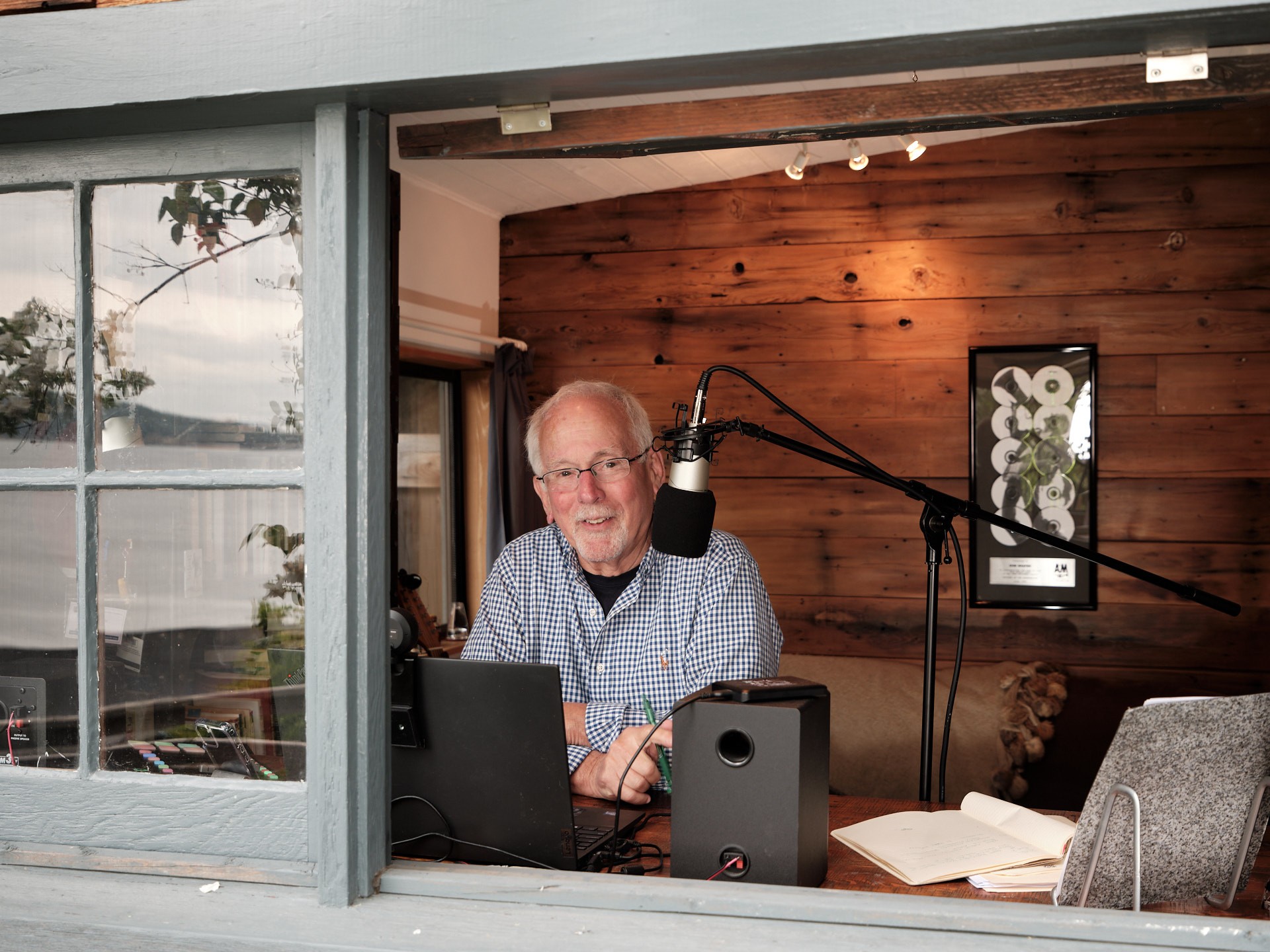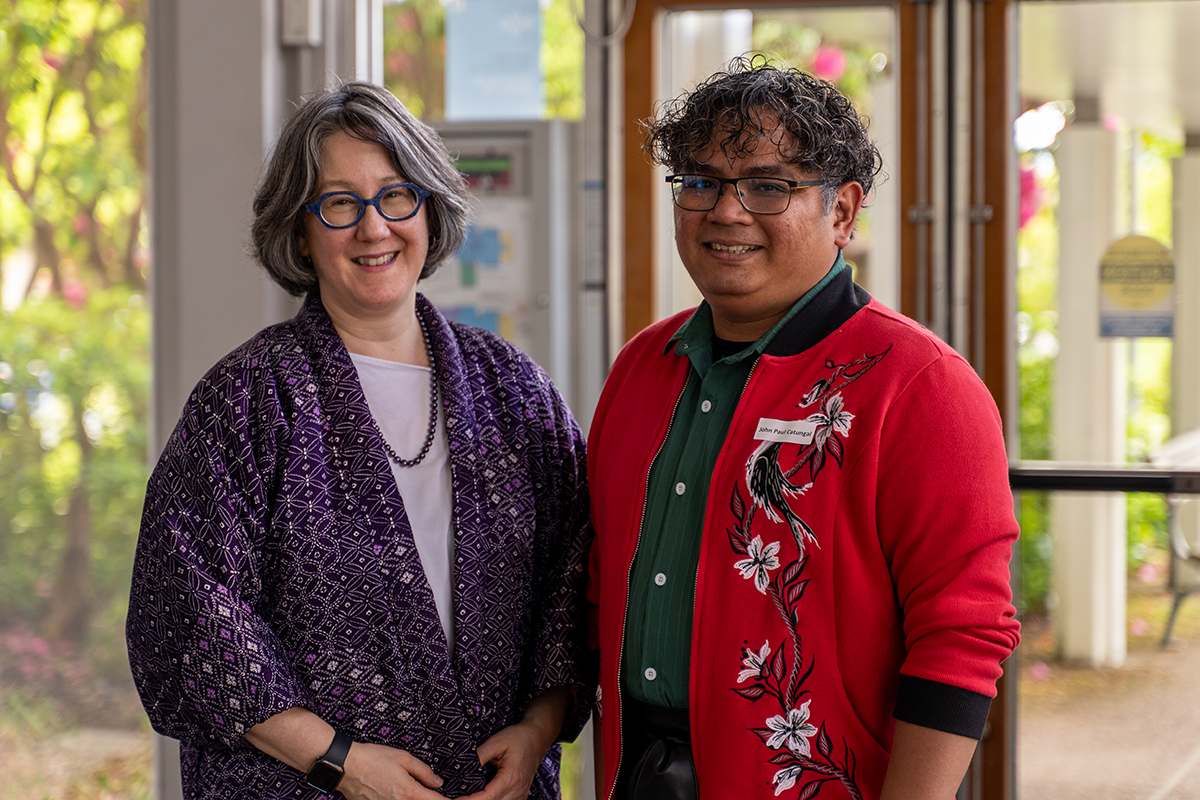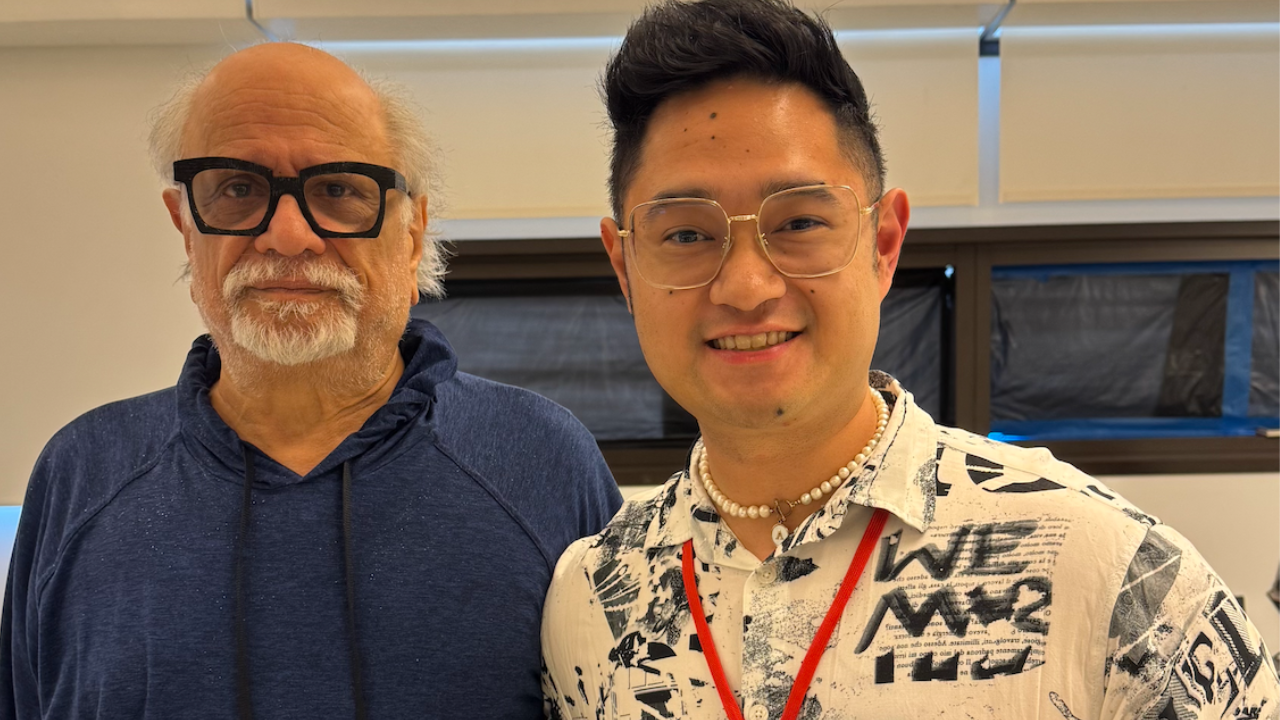Dr. Nason’s research and teaching focuses on contemporary Indigenous Feminisms, exploring the rich intellectual history, activism and literature of Indigenous women. Her scholarly publications include notable contributions to the anthology The Winter We Danced and the American Indian Culture and Research Journal, as well as various online platforms, and she is the co-editor of the volume Tekahionwake: E. Pauline Johnson’s Writing on Native America. She also currently holds the position of President of the UBC Faculty Association.
What does being an Indigenous scholar in your field mean to you?
Like many Indigenous scholars, the main inspiration for my chosen fields has always been my family and a desire to better understand the dynamic and complex histories and knowledges they held. I was most drawn to the stories of my maternal Mexican grandmothers and my paternal Anishinaabe grandmothers. Grounding my thoughts on Indigenous feminisms in these stories and genealogies has been a healing journey, teaching me valuable lessons about resilience, and about ethical approaches to knowledge production and storytelling within the academy.
What are you researching right now that you’re excited about?
One of my ongoing projects, which may never be published academically, revolves around my paternal grandmother’s boarding school archive held in the US National Archives in Kansas City, Missouri. Initially, my purpose in undertaking this project was to explore ways to support students in engaging with Indigenous stories in the archives more ethically. Reading the intimate details of my grandmother’s younger years from a government case file, however, has been really jarring, and I am thinking through the affective impacts of such work for Indigenous scholars and our students.
Do you have any advice for Indigenous students looking to work in academia?
If I had any words of advice for my younger self in academia, or for Indigenous students coming to academia, it would be to not let the institution shape you. Transform it, not only for your own purposes but also to make it better for those coming up behind you. I try to think of my own contribution to academia in this way. Throughout my academic journey, I have tried to make it a better place for Indigenous scholars and students, and the histories, knowledge and stories that they carry.
What are some helpful resources we (the UBC community) should use to learn more about Indigenous history in Canada and beyond?
For those who want to learn more about Indigenous feminisms, I recommend the recent edited collection by Sarah Nickel and Amanda Fehr titled In Good Relation: History, Gender, and Kinship in Indigenous Feminisms.
Dr. Dory Nason (she/her)
Anishinaabe, Leech Lake Band, Minnesota Chippewa Tribe
Associate Professor of Teaching, Institute for Gender, Race, Sexuality and Social Justice, and Institute for Critical Indigenous Studies


